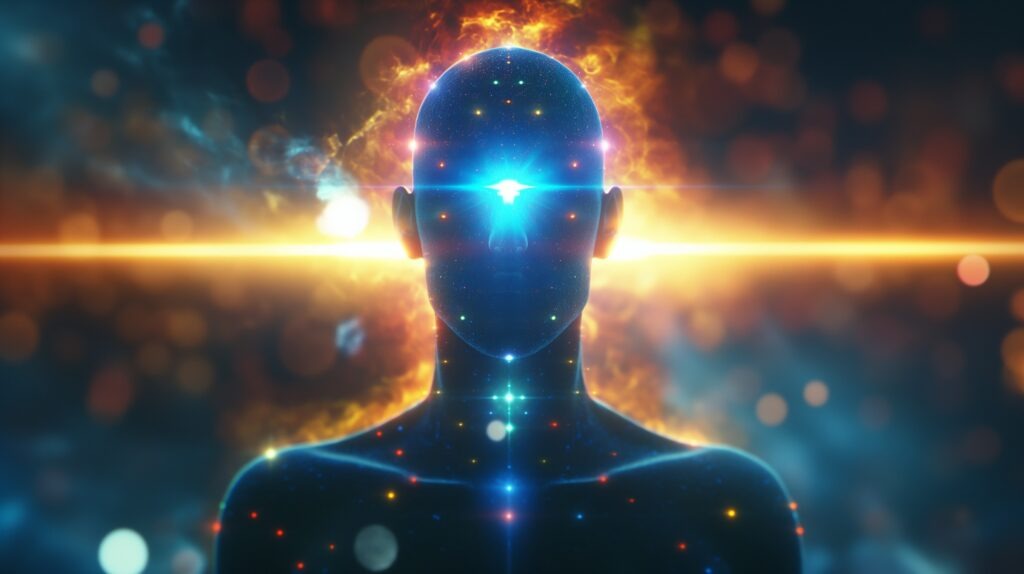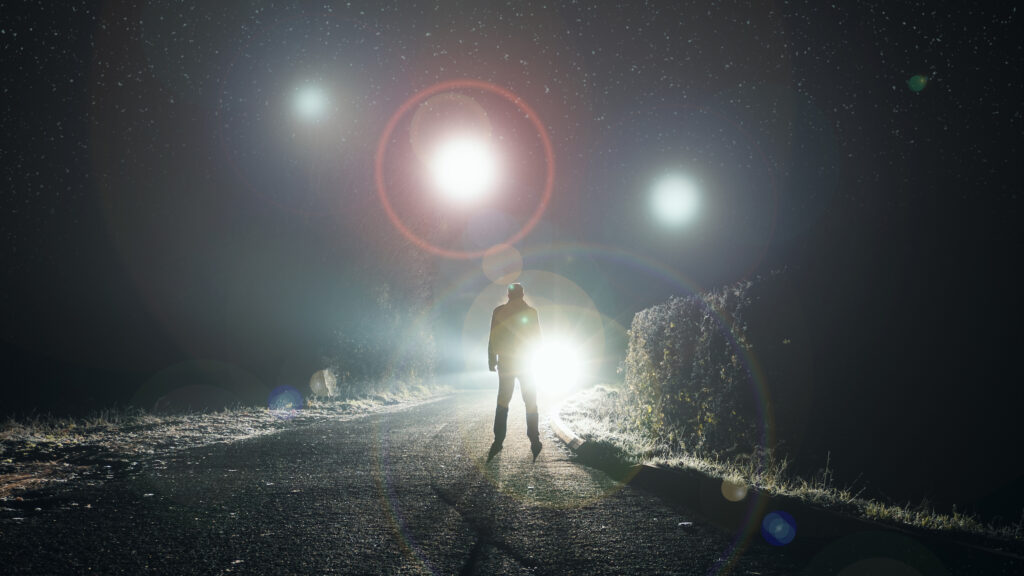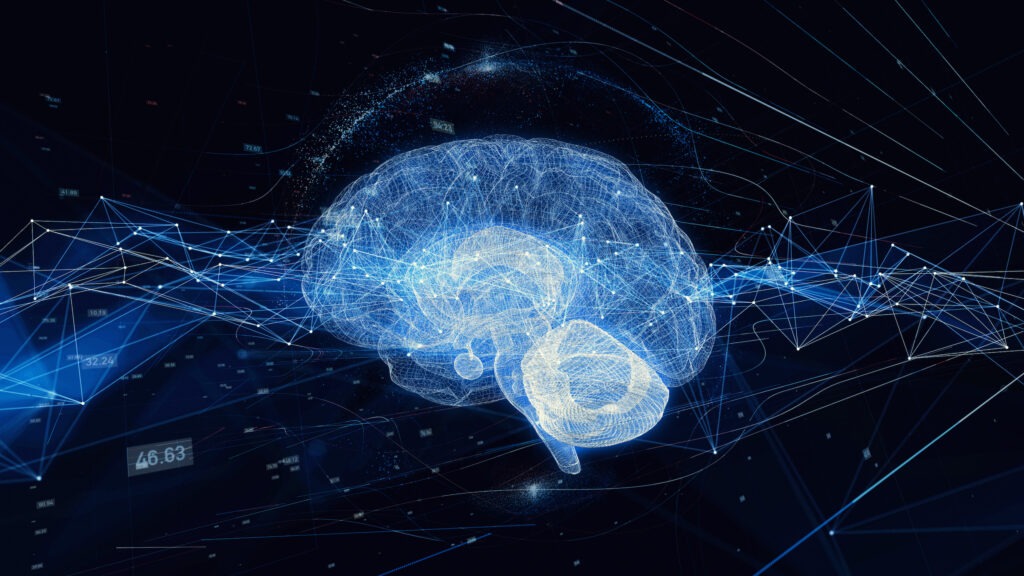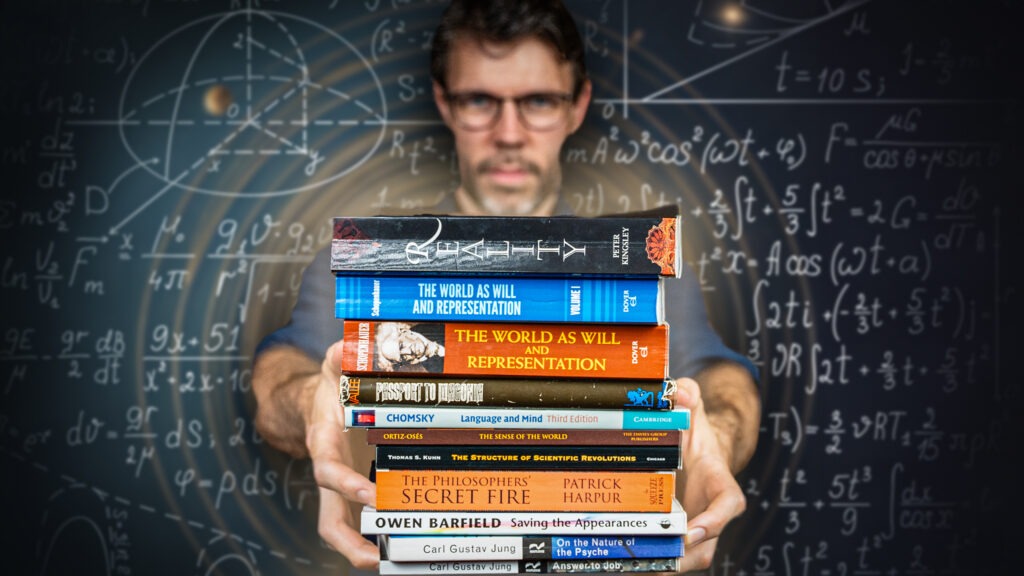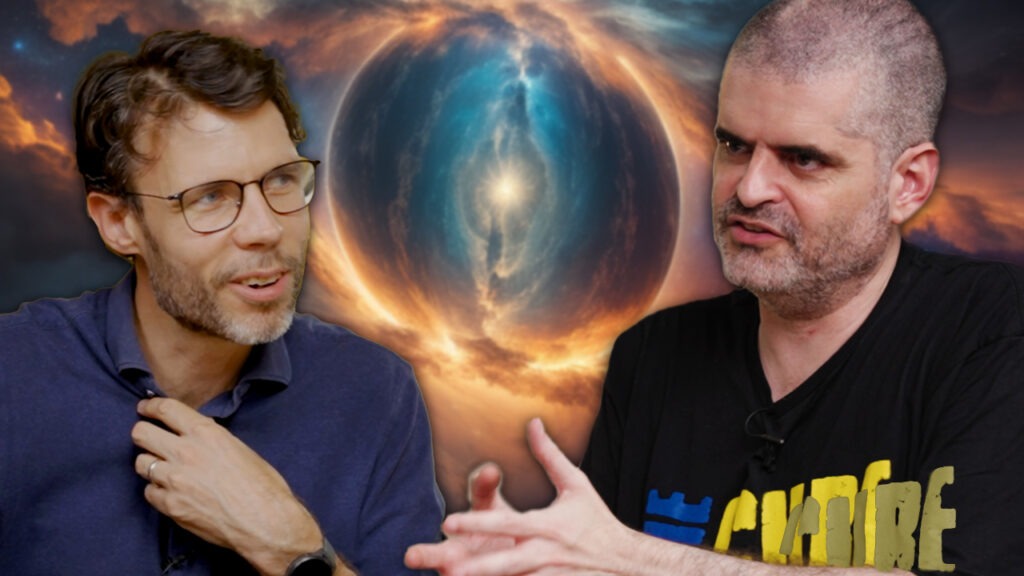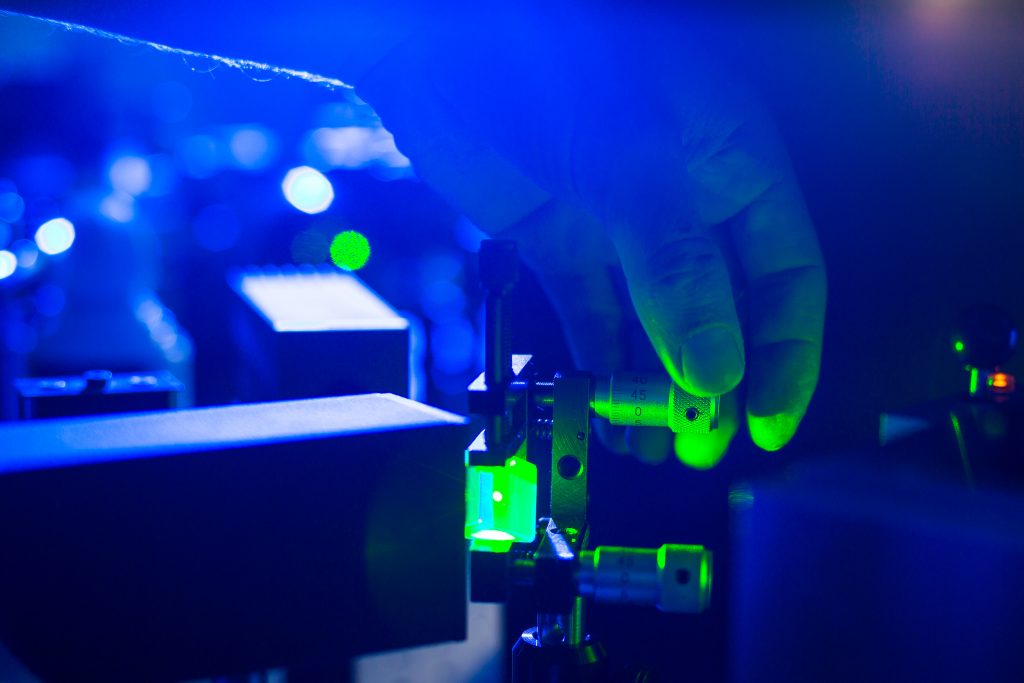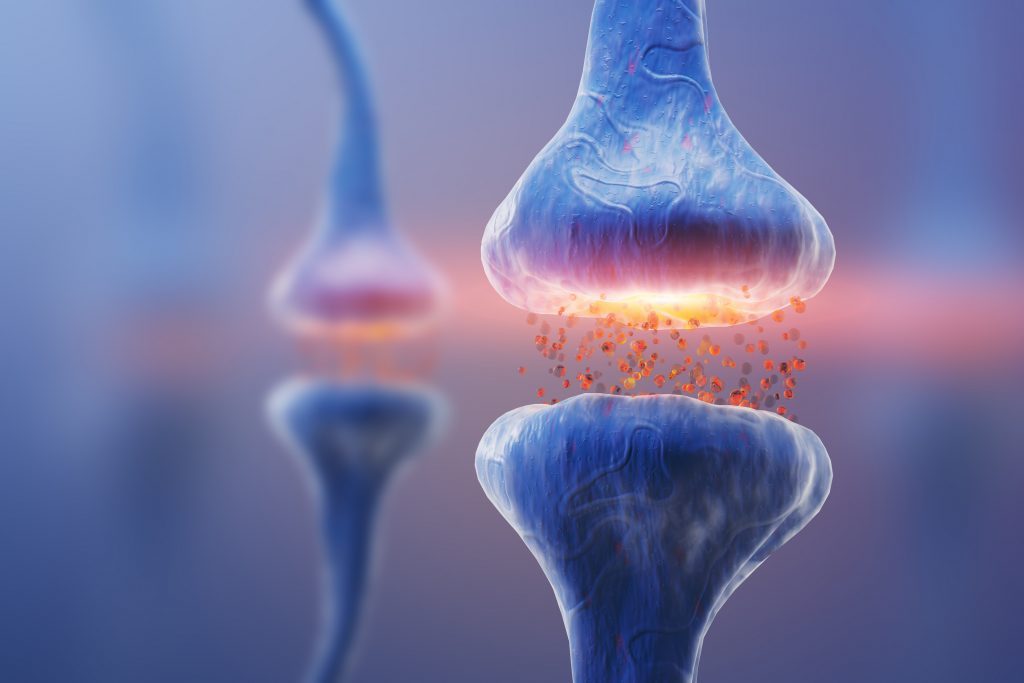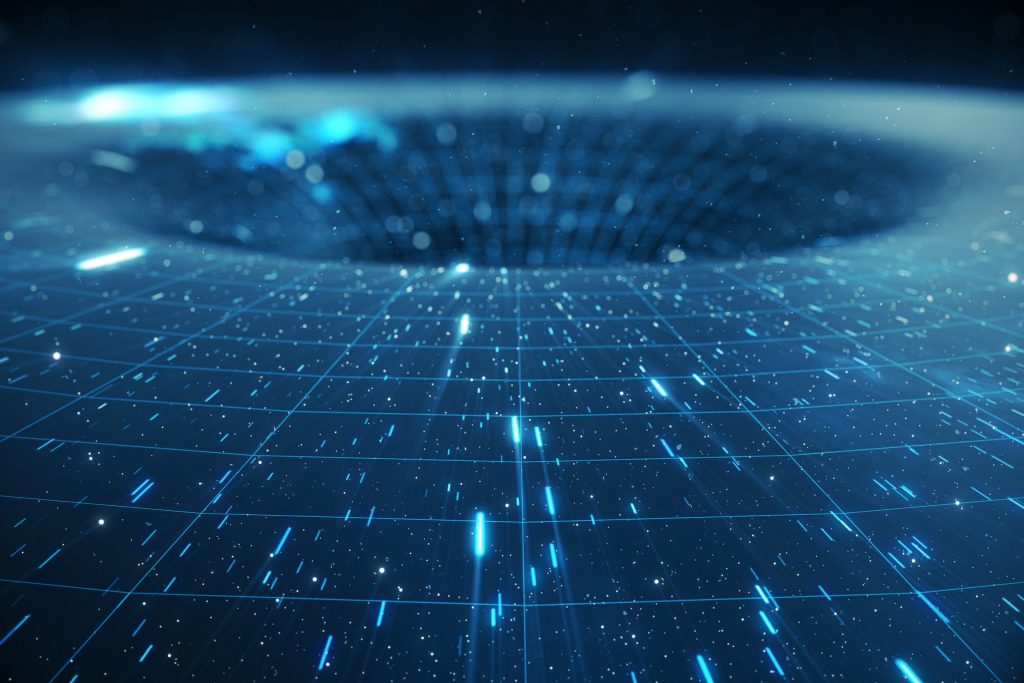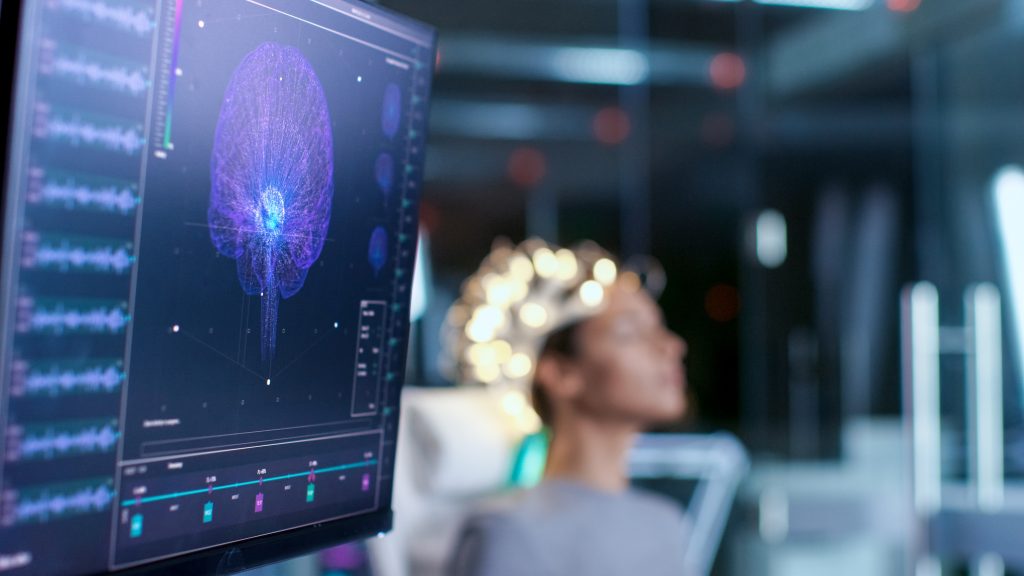A short introduction
Bernardo Kastrup is the executive director of Essentia Foundation. His work has set off the modern renaissance of metaphysical idealism, the notion that reality is essentially mental. He has a Ph.D. in philosophy (ontology, philosophy of mind) and another Ph.D. in computer engineering (reconfigurable computing, artificial intelligence). As a scientist, Bernardo has worked for the European Organization for Nuclear Research (CERN) and the Philips Research Laboratories (where the 'Casimir Effect' of Quantum Field Theory was discovered). He has also been creatively active in the high-tech industry for almost 30 years now, having co-founded parallel processor company Silicon Hive (acquired by Intel in 2011) and worked as a technology strategist for the geopolitically significant company ASML. Formulated in detail in many academic papers and books, Bernardo's ideas have been featured on Scientific American, the Institute of Art and Ideas, the Blog of the American Philosophical Association and Big Think, among others. Bernardo's 11th book, coming in 2024, is Analytic Idealism in a Nutshell: A straightforward summary of the 21st-century's only plausible metaphysics. For more information, freely downloadable papers, videos, etc., please visit www.bernardokastrup.com.Publications:
Let us build the future of our culture together
Essentia Foundation is a registered non-profit committed to making its content as accessible as possible. Therefore, we depend on contributions from people like you to continue to do our work. There are many ways to contribute.









